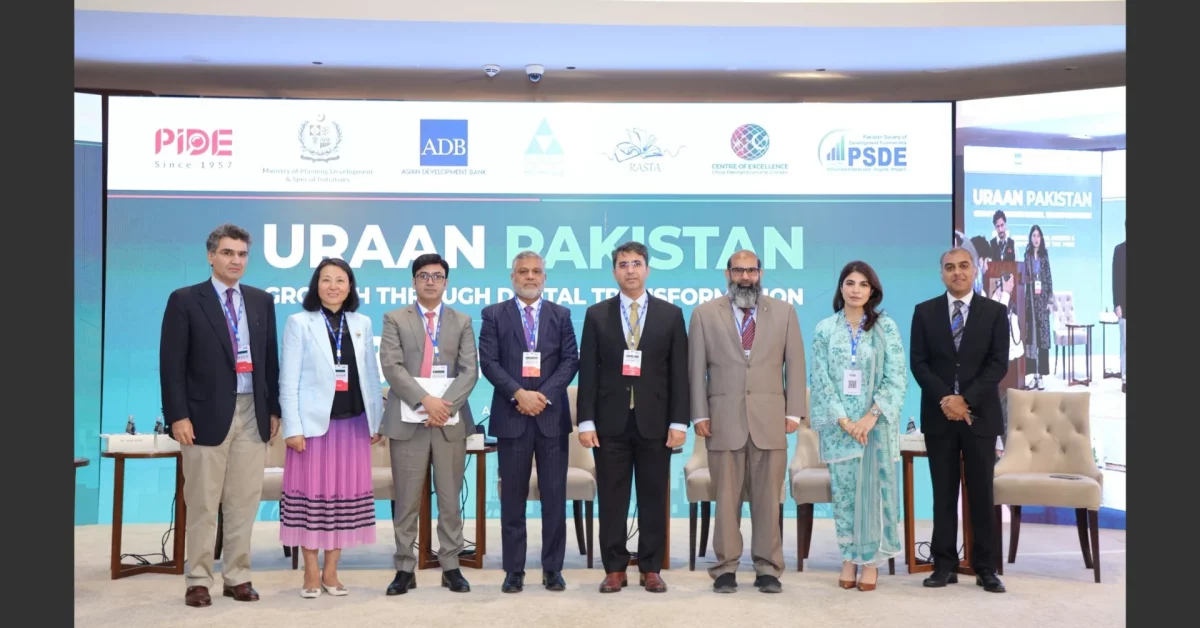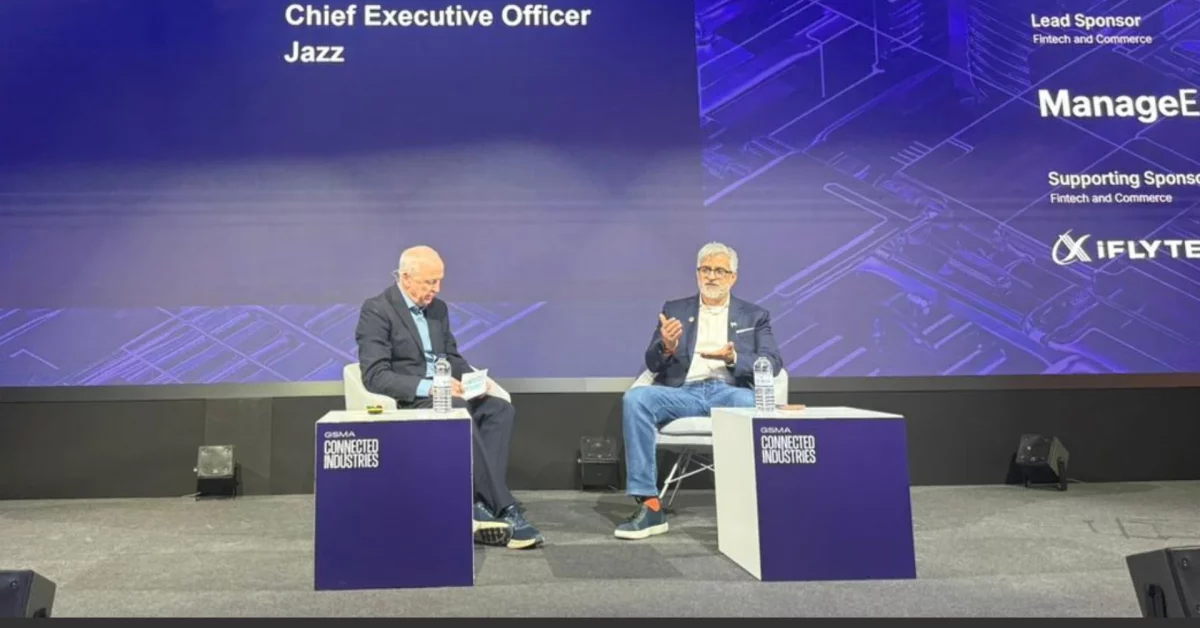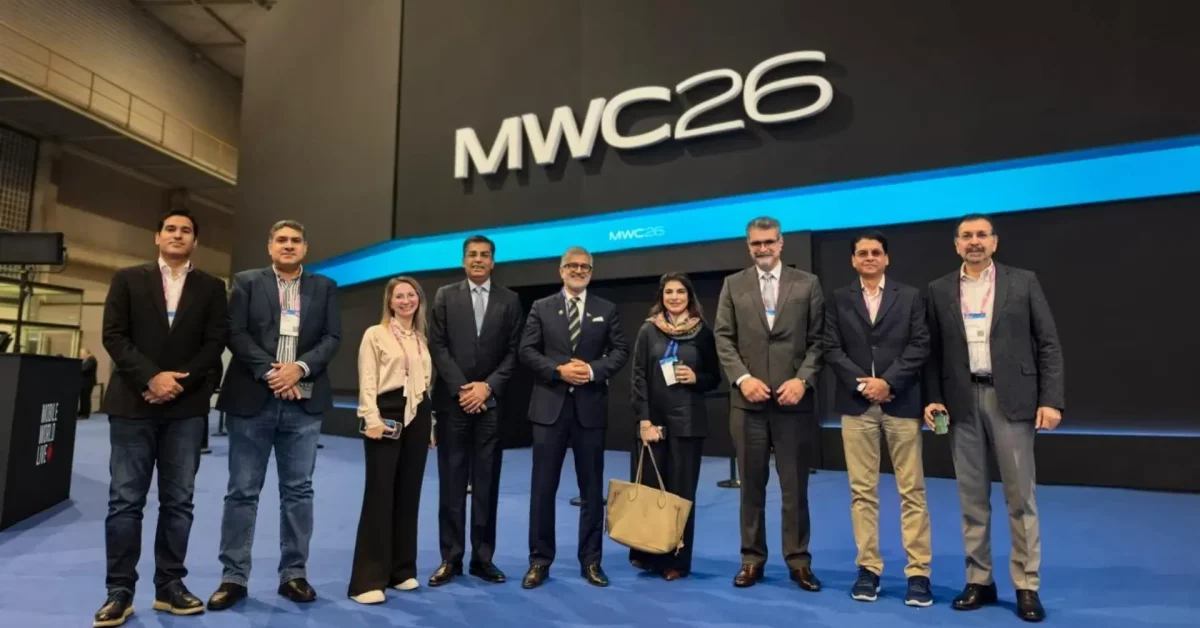
PTA, FIA Target Unauthorized SIM Issuance Network
April 16, 2025
Pakistan’s PSX Launches Financial Literacy Week 2025
April 16, 2025Unlocking Digital Growth: Reform, Inclusion, and Investment Needed
Pakistan’s IT exports are at 3 billion dollars, significantly behind India’s 210 billion dollars. Experts at the Thirty-Eighth Annual General Meeting of the Pakistan Society of Development Economists warned that Pakistan must urgently address structural barriers to unlock its digital potential. The event was hosted by Pakistan Institute of Development Economics (PIDE) and the Ministry of Planning Development and Special Initiatives under the theme Uraan Pakistan.
Panelists acknowledged the Special Investment Facilitation Council’s role in supporting IT but stressed that stronger reforms in education, infrastructure and inclusivity are needed. Saleem Ullah, Deputy Governor of the State Bank of Pakistan, called for financial and digital inclusion, emphasizing that fifty-three percent of women remain unbanked.
Fatima Akhtar, Vice President of Communications and Outreach at Jazz, highlighted how technology enables trust and transparency in governance. She noted Jazz’s expansion beyond telecom into digital finance and cloud services. Akhtar also pointed to Pakistan’s high telecom taxes, approximately thirty-four point five percent, as a major barrier to digital access. She called for shifting taxation away from connectivity and towards value creation.
Emma Fan, Country Director at the Asian Development Bank (ADB), recommended targeted policies such as digital hub cities and deregulation to foster innovation. Asim Ghaffar, Vice President of Engineering at Ten Pearls, argued that AI adoption should be guided by timely policy adjustments rather than drastic overhauls.
Other speakers, including Dr Najeebullah Marwat from the Planning Ministry and Dr. Baber Majid Bhatti – PMP, ITIL, CDCP, CDCS from the National Information Technology Board, emphasized the importance of public-private partnerships in driving inclusive digital growth.






